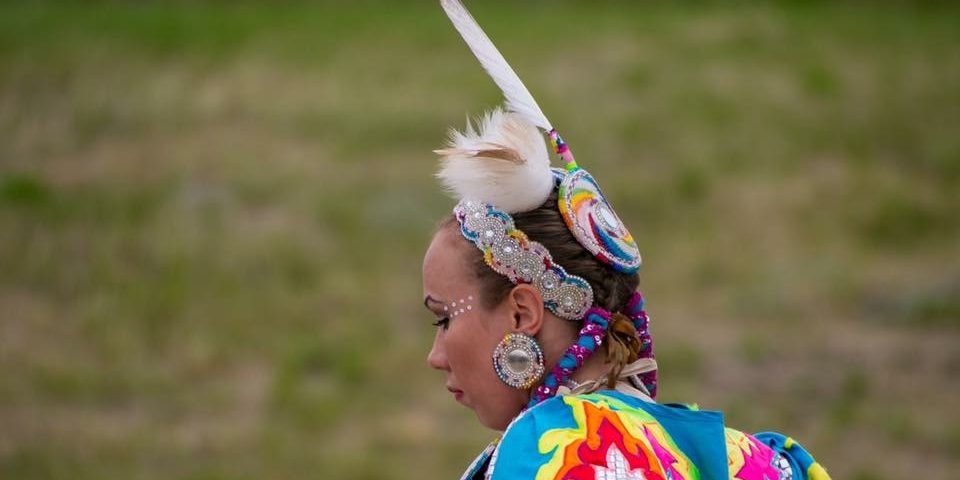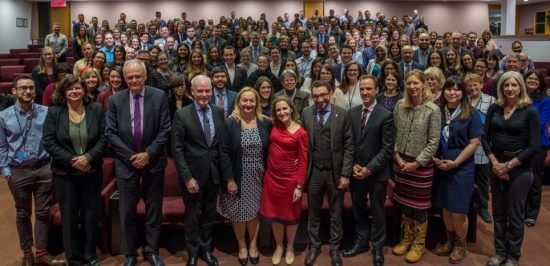Indigenous Trade Chapter has potential to be used in South American/ Canada Trade Agreements
Canada is committed to a progressive and diversified trade agenda which includes where possible the inclusion of an Indigenous Trade Chapter. It is clear that more indigenous trade means growth, and growth means more indigenous jobs, which is one of the reasons why the Canadian government continues to explore new opportunities to negotiate free trade agreements with fast-growing global markets.
The Honourable François-Philippe Champagne, Minister of International Trade, is pleased to announce the positive conclusion of the exploratory discussions on a comprehensive free trade agreement with Mercosur trade bloc, which consists of Argentina, Brazil, Paraguay and Uruguay.
This outcome builds on the Canada–Mercosur joint statement, which confirmed the intent to deepen the trade relationship, issued on the margins of the World Trade Organization meetings held in Marrakesh, Morocco, in October 2017.
As the world’s fourth-largest trading bloc and with a population of 260 million and a combined GDP of over $3 trillion, Mercosur offers Canadian companies opportunities to access these large fast-growing markets with the potential to increase well-paying, middle-class jobs at home. From auto parts to chemicals to lumber to seafood, this important market is ripe for Canadian products and for the workers who produce them. A comprehensive free trade agreement with Mercosur also has the potential to reduce tariffs on many of Mercosur’s exports to Canada—benefiting Canadian customers looking for more choices at more affordable prices, such as apparel or furniture.
Should Canada and Mercosur launch comprehensive negotiations, the Government of Canada will remain committed to a progressive trade agenda, one that creates more opportunities for everyone, including women and Indigenous peoples.
Out of 2500 submissions on suggested topics for re-opening NAFTA, IITIO’s was the only Indigenous trade submission. In July 2017 Global Affairs formed the Global Affairs Indigenous Chapter Working Group (GAICWG) in which IITIO played a founding role with Global Affairs. The Global Affairs Indigenous Chapter Working Group (GAICWG) was tasked with hammering out the details of what content would go into the Indigenous Chapter, how best to ensure that all interests will be accommodated, and how Indigenous rights will not be eroded. IITIO has been involved in this Global Affairs led collaborative and inclusive process involving all interested Canadian Indigenous stakeholders and rights-holders in developing and shaping the Indigenous Chapter for negotiation.
The objectives of a chapter on Trade and Indigenous peoples are to:
- Recognize the important role of Indigenous peoples in trade, both historically and also in the context of facilitating sustainable growth and prosperity for Indigenous communities.
- Facilitate cooperative activities between the Parties and enhance the ability of Indigenous peoples to participate in and benefit from the opportunities created by this Agreement; and,
- Establish a committee to oversee the implementation of the chapter and consider matters of relevance to Indigenous peoples across the Agreement.
The International Intertribal Trade and Investment Organization openly invites all Canadian and US tribes to submit their list of what they can sell to other Indigenous businesses and organizations (Indigenous goods and services on offer) and goods and services they need (Indigenous Procurement) by our deadline of April 30, 2018 so that Global Affairs & IITIO may start the process of developing initial trade opportunities with American Indigenous tribes and American Indian businesses. Attach the hyperlink open invitation to participate. https://iitio.org/trade3-1/







